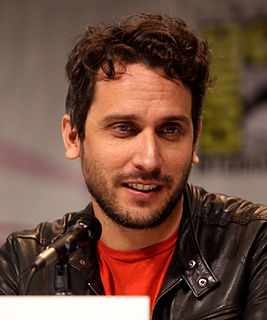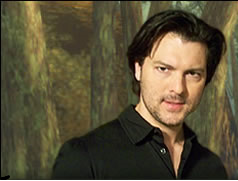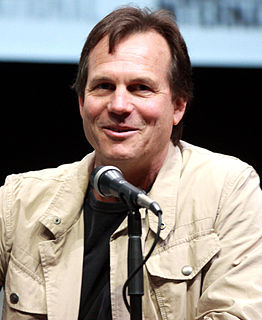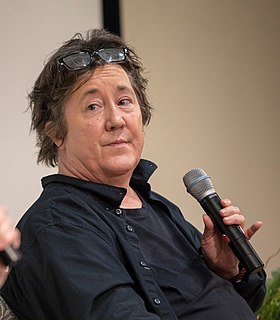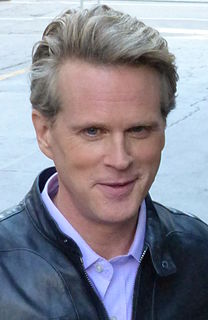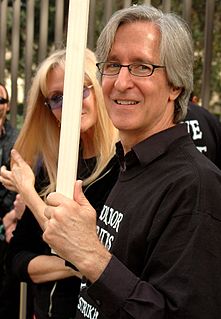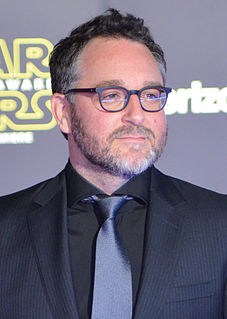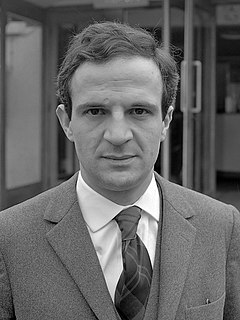A Quote by Fede Alvarez
I need to create a whole cinematic experience. I think that's what it takes to get the audience to the theater and justify seeing [a movie] on a big screen. You have to give them a cinematic experience.
Related Quotes
While the storytelling in games is getting so much better, you look at something like Grand Theft Auto V, which I thought was really beautifully written, it doesn't really need a movie because it is a movie. So I think you need a unique game - you either need an incredibly talented writer and director to come in and put together an amazing vision, or you need a game like Metal Gear, which is very cinematic, has a huge amount of history behind it, but whose cinematic experience is very different from what you'd get in a theater.
When you're writing a script you have the option to embellish on life or switch the order of events or make it generally more cinematic. I would stick too closely to my own experience and not necessarily think about the fact that it needs to have an event happen. Realising that I could channel my own experience into a story that was slightly more cinematic was a very important moment for me - allowing myself to accept that the kind of screenwriting I'm doing is a work of fiction.
I'm not a huge fan of 3-D, though. Honestly, I think that movies are an immersive experience and an audience experience. There's nothing like seeing a film with 500 people in a theater. And there's something about putting on 3-D glasses that makes it a very singular experience for me. Suddenly I'm not connected to the audience anymore.
I'm developing some high-frame-rate 3-D processes that are going to be, I hope, indistiguishable from reality. This will be quite an unusual cinematic event - you don't just tell an ordinary story, it's more of a first-person experience where the melodrama doesn't get in the way. Being inside the movie rather than looking at the movie.
I'm such a proponent of the theatrical experience and the cinematic experience, and we've reached this point where the magicians are not only giving away their tricks, but they're telling us how they're doing the tricks in advance before you even come to the magic show. It'd be nice to get a little of the mystery back in.
